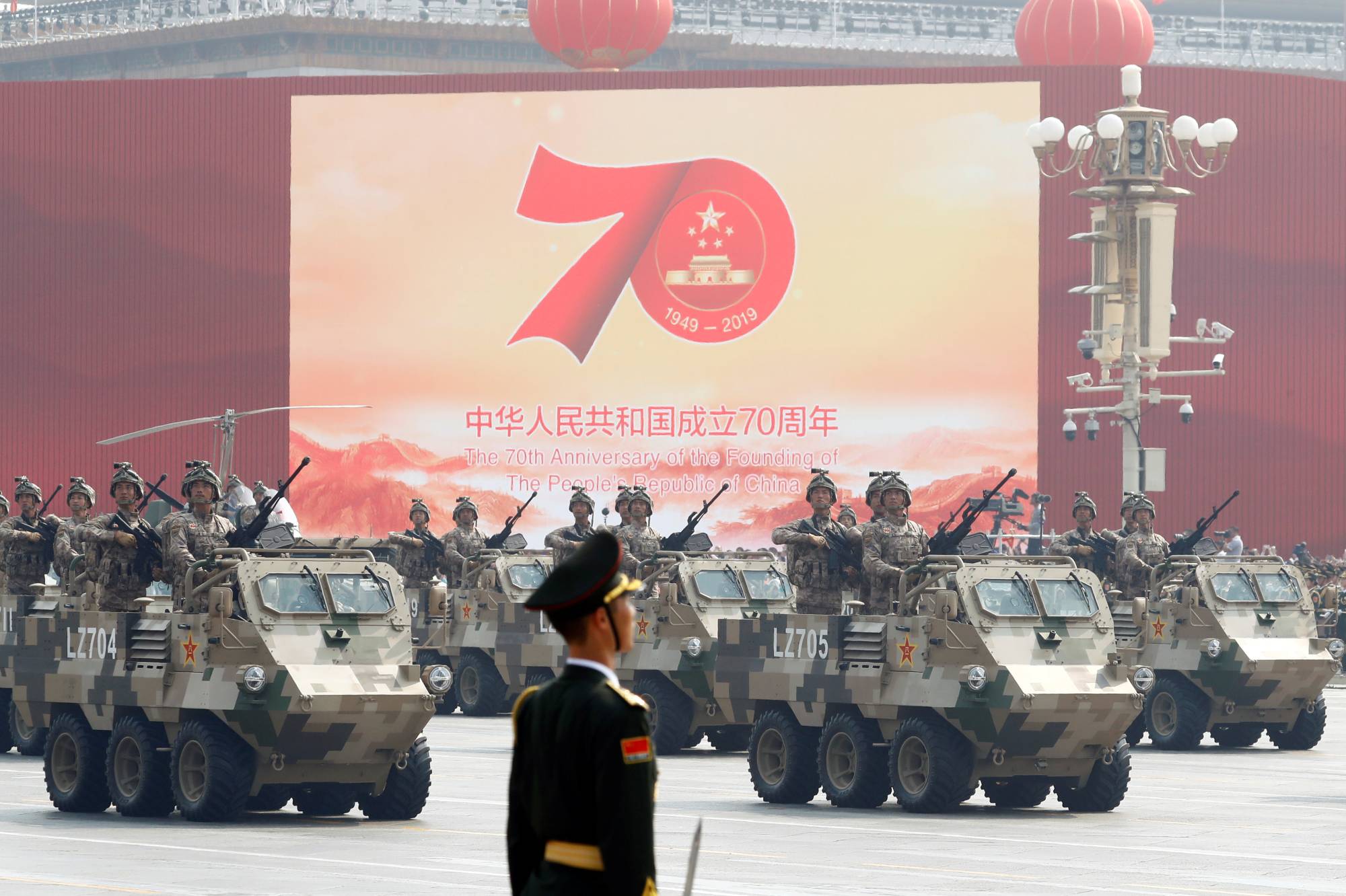Much of the democratic world would like the United States to remain the preeminent global power. But with the U.S. apparently committed to strategic overreach, that outcome risks becoming unlikely.
The problem with America’s global leadership begins at home. Hyper-partisan politics and profound polarization are eroding American democracy and impeding the pursuit of long-term objectives. In foreign policy, the partisan divide can be seen in perceptions of potential challengers to the U.S. According to a March 2021 poll, Republicans are most concerned about China, while Democrats worry about Russia above all.
This may explain why U.S. President Joe Biden is treating a “rogue” Russia as a peer competitor, when he should be focused on the challenge from America’s actual peer, China. In comparison to Russia, China’s population is about 10 times bigger, its economy is almost 10 times larger and its military expenditure is around four times greater. Not only is China more powerful; it genuinely seeks to supplant the U.S. as the preeminent global power. By contrast, with its military buildup on Ukraine’s borders, Russia is seeking to mitigate a perceived security threat in its neighborhood.



















With your current subscription plan you can comment on stories. However, before writing your first comment, please create a display name in the Profile section of your subscriber account page.